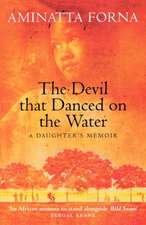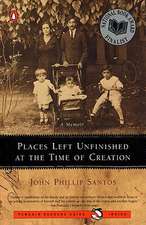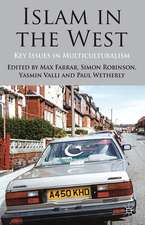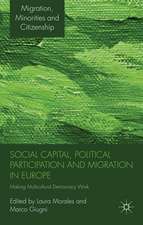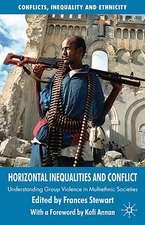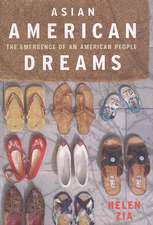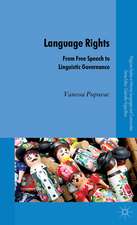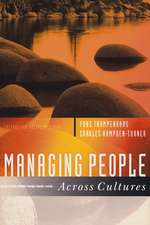Science Education, Career Aspirations and Minority Ethnic Students
Autor Billy Wongen Limba Engleză Hardback – 29 feb 2016
Preț: 582.80 lei
Preț vechi: 685.65 lei
-15% Nou
Puncte Express: 874
Preț estimativ în valută:
111.52€ • 119.25$ • 92.98£
111.52€ • 119.25$ • 92.98£
Carte tipărită la comandă
Livrare economică 17 aprilie-01 mai
Preluare comenzi: 021 569.72.76
Specificații
ISBN-13: 9781137533975
ISBN-10: 1137533978
Pagini: 195
Ilustrații: X, 195 p.
Dimensiuni: 140 x 216 x 13 mm
Greutate: 0.39 kg
Ediția:1st ed. 2016
Editura: Palgrave Macmillan UK
Colecția Palgrave Macmillan
Locul publicării:London, United Kingdom
ISBN-10: 1137533978
Pagini: 195
Ilustrații: X, 195 p.
Dimensiuni: 140 x 216 x 13 mm
Greutate: 0.39 kg
Ediția:1st ed. 2016
Editura: Palgrave Macmillan UK
Colecția Palgrave Macmillan
Locul publicării:London, United Kingdom
Cuprins
1. Introduction
2. The 'Crisis' in Science Participation
3. Differences, Barriers and Minority Ethnic Groups
4. The Aspirations of Minority Ethnic Youths
5. Is Science for Us?
6. Science Capital
7. Five 'Types' of Science Participation
8. Implications for Research and Policy
2. The 'Crisis' in Science Participation
3. Differences, Barriers and Minority Ethnic Groups
4. The Aspirations of Minority Ethnic Youths
5. Is Science for Us?
6. Science Capital
7. Five 'Types' of Science Participation
8. Implications for Research and Policy
Notă biografică
Billy Wong is currently Lecturer in Education Studies at the University of Roehampton, UK. He was previously a Research Associate at King's College London, UK, working in the ASPIRES and Enterprising Science projects. He has published in science education and sociology of education journals.
Textul de pe ultima copertă
Science is central to our everyday life. Yet, the study of advanced science is often stratified by 'race' or ethnicity. This book draws across science education literature and sociology of education theories. It investigates how social identities of 'race' and ethnicity, social class and gender can shape minority ethnic students' views of, and aspirations toward, science through exploring the experiences of British Black Caribbean, Bangladeshi, Chinese, Indian and Pakistani young people. Is science for 'people like us'? This book engages with and extends our current conceptual thinking around aspiration, capital and identity, in the context of science. For instance, a distinction is made between careers in and from science as well as the educational discourses of 'being the best' and 'trying my best'. It contributes to ongoing discussions around 'science identity' and the emerging idea of 'science capital' along with the development of five 'types' of science participation.

